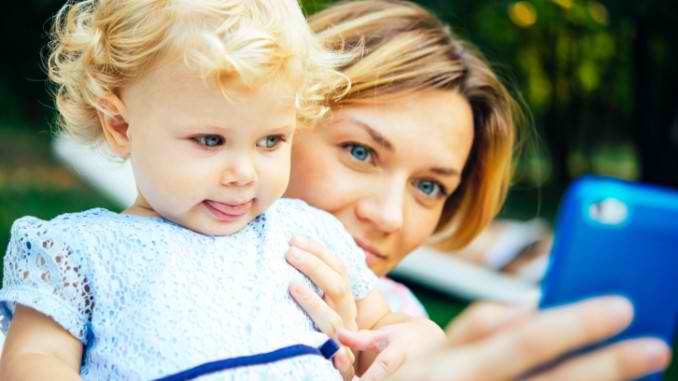Alice Walker
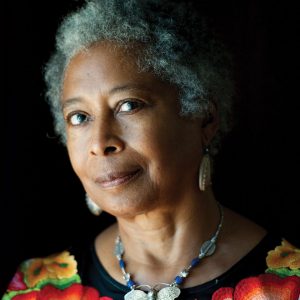
“The most common way people give up their power is by thinking they don’t have any.” These are the words of mighty Alice Walker, the first African American woman who won the Pulitzer Prize for fiction. She is also respected for her work as feminist and social activism, where she was definitely guided by her quote.
The book for which she received the Pulitzer, “The Color Purple,” was also adapted into a movie by Steven Spielberg.
Walker was born in rural Georgia in 1944, during the time where segregation was very common in America. That is why in her work we get an insight into African-American culture and women’s issues.
Alice wanted to live in a world where women can be creative and not repressed by the hard labor they were forced to do. She was also a social worker, always fighting for equality, taking part in the Civil Rights Movement.
 Maya Angelou
Maya Angelou
A singer, a dancer, a civil rights activist, award-winning author, the first African-American female cable car conductor…. Maya Angelou was many things, but today, she is usually mentioned as a feminist ahead of her time.
She was born in 1928 in St. Louis, Missouri. Maya had a rough childhood. She was raped by her mother’s boyfriend when she was seven years old, and the man was then killed by her uncles.
She said that she believed that her voice was so powerful, which led to his death, so she didn’t speak for six years. But, once she started to speak, it was hard not to hear her. Maya talked about her experience in her memoirs, which helped many women to realize that they are not alone.
Her poem “Phenomenal Woman” is still an inspiration to many, talking about how real empowerment comes from the inside. “I’m a woman, a phenomenal woman. That’s me.”
 Oprah Winfrey
Oprah Winfrey
You can’t talk about feminism without mentioning Oprah Winfrey. Her childhood was not easy. While she was living with her mother in Milwaukee, she was sexually abused by her relatives when she was 9, and the abuse went on until she was 13. Her life got better when she moved in with her father at the age of 19, who gave her structure and helped her turn her life upside down. Once a troubled teenager, she became an honour student winning prizes.
Besides “The Oprah Winfrey Show” and many other projects, Oprah is known as a huge philanthropist. Whether she is working hard to give many girls a chance to educate themselves (The Oprah Winfrey Leadership Academy for Girls in South Africa), helping underprivileged women rise to their potential (Oprah’s Angel Network), or lobbying for an act to protect children from being molested (National Child Protection Act). You get basic human rights, everyone gets basic human rights!
 Malala Yousafzai
Malala Yousafzai
A leading advocate for girls’ rights, Malala Yousafzai was 17 years old when she was named a Nobel Peace Prize Winner. The word brave is an understatement to describe Malala.
Born in Pakistan, she was just 11 years old when she started blogging for BBC about life under the Taliban and their threats to deny education for girls. Even though she was writing under a fake name, the Talibans found her and shot her in the head. Luckily, Malala survived and lived to be the youngest person to win the Nobel Prize.
The Malala Fund that she founded quickly became a powerful organization that empowers young girls to achieve their potential.
Malala travelled around the world, sharing her story and giving the voice to the voiceless. She said that she declares herself a feminist because “it means equality, and no one would object equality, no one should object equality.”
 Chimamanda Ngozi Adichie
Chimamanda Ngozi Adichie
“We teach girls to shrink themselves, to make themselves smaller. We say to girls, you can have ambition, but not too much. You should aim to be successful, but not too successful. Otherwise, you would threaten the man.“
Maybe these words are familiar to you because Beyonce used them in a song, but actually, the Nigerian writer Chimamanda Ngozi Adichie wrote them in her essay “We should just all be feminists”. That essay was adapted from her TedTalk in 2013, that currently counts over 7 milion views (but who’s counting).
Chimamanda was born in Nigeria, and her work is usually based on Biafran war in Nigeria that occured in the late 1960s, which was what her first play “Biafran War in Nigeria” was all about.
Today, she splits her time between Nigeria and USA and continuesly talks about the issues women are still facing and is proud to be called a feminist.
 Angelina Jolie
Angelina Jolie
There are not many people in this world who haven’t heard the name Angelina Jolie in some kind of context — actress, producer, but our favorite is a humanitarian.
After years of dedicated work as a goodwill ambassador for UNHCR, she was appointed Special Envoy in 2012. She decided to become a member after witnessing the humanitarian crisis in Cambodia, while filming the movie “Lara Croft: Tomb Raider.”
She is an inspiration to many, thanks to her dedication. She has been outspoken about the fact that the crimes towards women are still treated like a secondary issue.
Angelina was also public with her double mastectomy, because she wanted women everywhere to take care of themselves and be confident in their own skin, knowing that this doesn’t make them any less of a woman. She is a voice for those who can’t speak up, raising concern and pushing boundaries where needed.
Ruth Bader Ginsburg
Adversity didn’t stand a chance when it came to Ruth Bader Ginsburg, a second woman to serve on the Supreme Court.
She was born in Brooklyn, New York, and was a Cornell and Harvard Law School graduate. However, even though she had excellent credentials, it was hard for her to find a job as a lawyer due to the fact that she was a woman and also a mother.
Ruth’s first step in the to the world of feminism happened in 1970 when she had to introduce and moderate a law student panel discussion, the topic being “women’s liberation”. The next year she had a seminar on gender discrimination, a topic she was very familiar with.
She was a real pioneer in everything she did, especially with her legal crusade. Before Ruth spoke up, women were by law treated differently from men. Thanks to her revolution, that started to change.
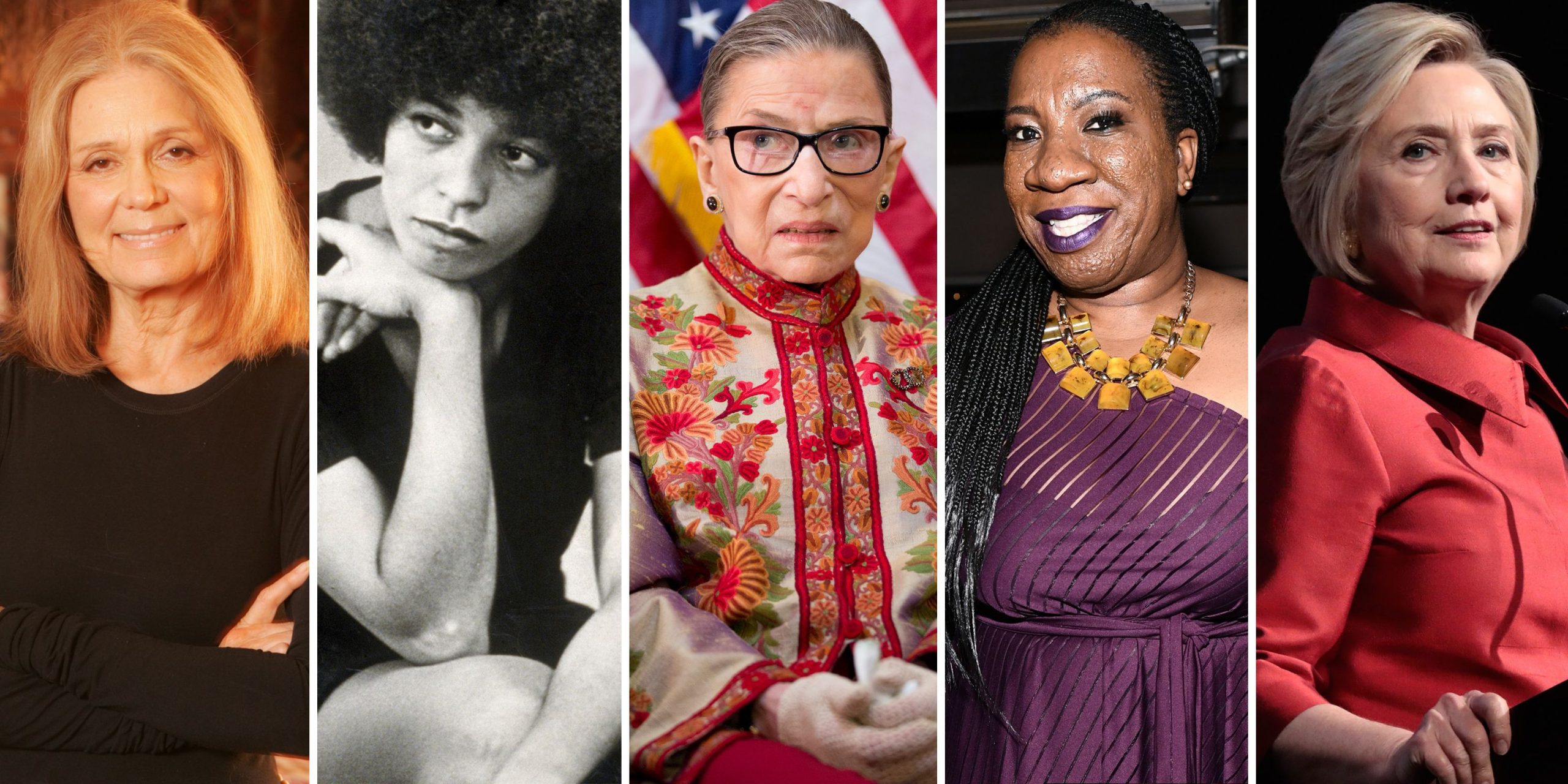
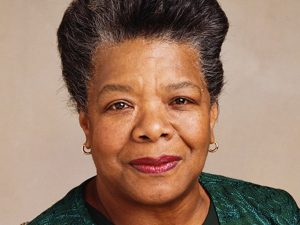 Maya Angelou
Maya Angelou 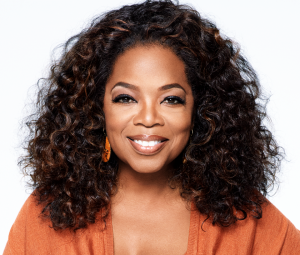 Oprah Winfrey
Oprah Winfrey 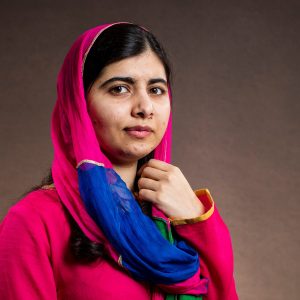 Malala Yousafzai
Malala Yousafzai 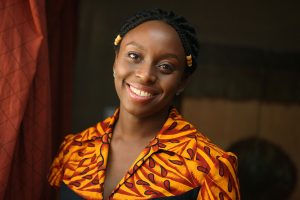 Chimamanda Ngozi Adichie
Chimamanda Ngozi Adichie 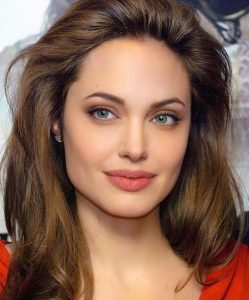 Angelina Jolie
Angelina Jolie 